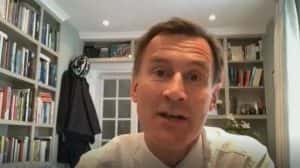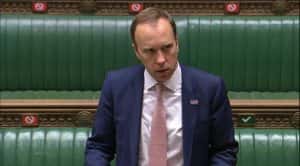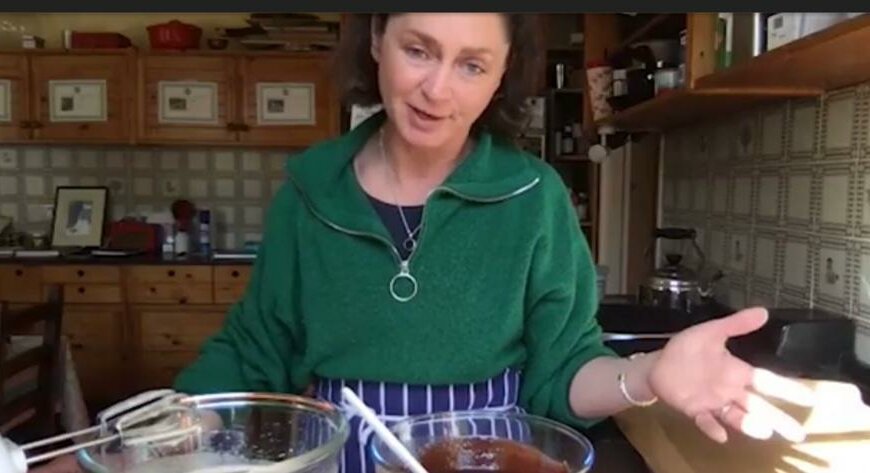Here is the daily Covid roundup
Test and Trace issues
NHS Test and Trace chief Baroness Harding acknowledged that financial difficulties could be one of the factors in people failing to stay at home for the 14-day self-isolation period.
A payment of £500 is available for those on lower incomes who cannot work from home and face a financial hit as a result.
Asked whether a more generous system would help, Lady Harding told MPs: “All the evidence shows that people are not complying with isolation not because they don’t want to, but because they find it very difficult.
“The need to keep earning and to be able to feed your family is a fundamental element of it, which is why I think the financial support payment is a very good thing.”
She said the actual sum of money on offer “was a decision for the Government, for the Prime Minister and the Chancellor”.
Jeremy Hunt questions test and trace

Former health secretary Jeremy Hunt questioned the impact of NHS Test and Trace because it only reached a fraction of the estimated cases – largely due to asymptomatic people not being captured by the system.
With not all cases providing all of their contacts, and then a large proportion of those not following self-isolation rules, Mr Hunt suggested as few as 3% of those who should be in quarantine actually were staying at home.
He said the proportion was certainly not above 20% but NHS Test and Trace chief Baroness Harding told him: “If it’s a tool that contributes to 20%-plus of our fight against Covid, then it’s a hugely valuable and important tool.
“I describe it as our second line of defence. Our first line of defence is actually our own behaviour – social distancing, wearing of face masks, washing our hands.
“The harsh reality is that that first line of defence and that second line of defence on their own have not been enough to prevent a second wave, and that is true across the whole of Europe.”
Care home deaths
The number of excess deaths that have occurred in private homes in England and Wales since the start of the coronavirus pandemic has now passed 30,000.
Excess deaths are the number of deaths that are above the average for the corresponding period in the previous five years.
There were 31,684 excess deaths in homes in England and Wales registered between March 7 and October 30, according to the Office for National Statistics.
Of this total, 2,676 – 8% – were deaths involving Covid-19.
Any death involving Covid-19 is counted as an excess death because Covid-19 did not exist before this year.
Health Secretary discusses vaccine

Matt Hancock said his “central expectation” is that the mass roll-out of a coronavirus vaccine would take place in the first part of 2021.
The Health Secretary told BBC Radio 4’s Today programme that it was possible that some vaccine could become available before Christmas.
“That is absolutely a possibility. My central expectation is that the mass roll-out of this vaccine – if it comes good – will be in the first part of next year,” he said.
Mr Hancock said the next step was for the safety data to be published and cleared by the regulator, the Medicines and Healthcare products Regulatory Agency (MHRA).
“We are talking most likely weeks. It happens at the speed of the science. It is not an administrative decision when this data gets published,” he said.
He also said the 40 million doses of the vaccine the Government had secured from Pfizer will be enough to roll it out to 20 million people.
He told Sky News that the Government had invested in six different vaccines to make sure there will be enough for everyone who needs it.
Mr Hancock added: “We have secured 40 million doses in total of the Pfizer vaccine and that means we can roll it out to 20 million people because it requires two doses per person.
“This is why we have been buying across the board.
“We need to secure enough for everybody who needs one according to that clinical prioritisation.”



